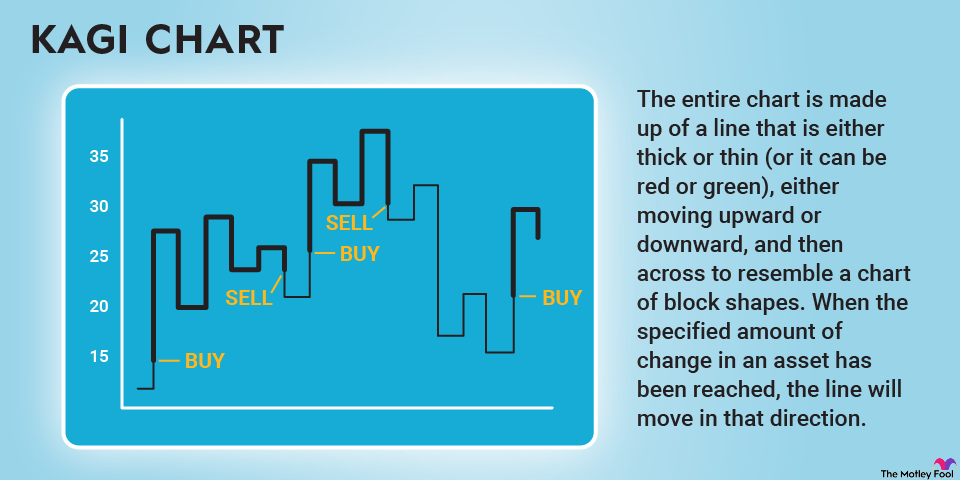Whether you're running your own business or you're considering investing in one, it's important to consider the company's KPIs.
What is a KPI? It's some of the most essential data about how the company is performing. Read on to learn more.

What is a KPI?
If you've been in the business space long, you've almost certainly heard of KPIs, otherwise known as key performance indicators. KPIs are valuable metrics that help a company determine if it's headed in the right direction -- and, if not, the areas that need improvement.
As valuable as KPIs are to business owners, they're also very important to investors, who rely on accurate KPI reporting to determine if they want to continue to invest in a company. KPIs can say a lot if you're able to understand what they're telling you.
How are KPIs determined?
KPIs are not generally considered to be standardized metrics – they can literally be anything that the company believes needs to be tracked and that will provide important insight into its performance. They can also speak to potential improvements.
For example, same-store sales are an important measure of how well or poorly a location is doing. But they can also point to problems that can be fixed (or not). If you know that Store 57's same-store sales have been dropping by 10% consistently each quarter, you know the store needs a good review, even if overall profits are skyrocketing. If the problems that this KPI are pointing out are fixable, then you can use other KPIs to help fix them. If it's a case of a neighborhood demographic shift, it might make more sense to close the store and sell the building to a brand that's a better fit.
What are the types of KPIs?
KPIs generally fall into several different categories, each with a great deal of value and lending a unique perspective to the overall picture. These are:
- Financial. Financial KPIs focus on revenue and profit margins and may be found on a company's financial statements, as well as on internal documents. A few examples include profitability ratios, liquidity ratios, solvency ratios, and turnover ratios.
- Customer experience. It's important to understand both customer service efficiency and customer satisfaction. Some customer experience KPIs include average response times, customer satisfaction ratings, and average resolution time.
- Process performance. These metrics measure how well tasks are executed and seek to root out issues with the processes. Generally, these are most useful in manufacturing and similar industries. A few examples are production efficiency, error rate, and throughput.
- Marketing. Marketing KPIs measure how well marketing campaigns are performing and are essential for any kind of sales campaign. They can help companies direct funds into marketing that's working and spend more efficiently. Some useful marketing KPIs include conversion rates, click-through rates, and traffic rates.
- Information technology. In an increasingly digital world, it's also important to measure the effectiveness of your IT solutions and how well they perform for your employees. Important metrics may include total system downtime, tickets/resolutions, and backup frequency.
- Sales. As with marketing KPIs, knowing how well the sales team is performing will help a company better allocate resources for the best return. Sales KPIs to watch include customer lifetime value, customer acquisition cost, and average conversion time.
- Human resource and staffing. Measuring KPIs related to employees can also help companies save money – after all, it costs a lot to train new workers. HR KPIs can aid in employee retention. A few examples include employee satisfaction, number of overtime hours worked, and absenteeism rate.
Related investing topics
Why do KPIs matter to investors?
As important as KPIs are internally, they're at least equally important to investors. A company's KPIs tell a story about how the company is doing – but more importantly, what it's doing to either maintain or improve that situation. If a company isn't tracking KPIs, or isn't tracking KPIs that are relevant to a chronic issue, then that company isn't doing a very good job of managing itself.
Companies aren't obligated to publish all their internal KPIs, but some will consistently be tracked for investors, like same-store sales. It's through this data that a company can really know itself, in the same way an investor can know the company. A company that's not tracking important KPIs is running blind, and expecting investors to invest blindly, as well.
For most investors, especially those with longer time frames, there's comfort in knowing the company ensures that their investment dollars aren't wasted and that both investor and company can grow together over the long term.





